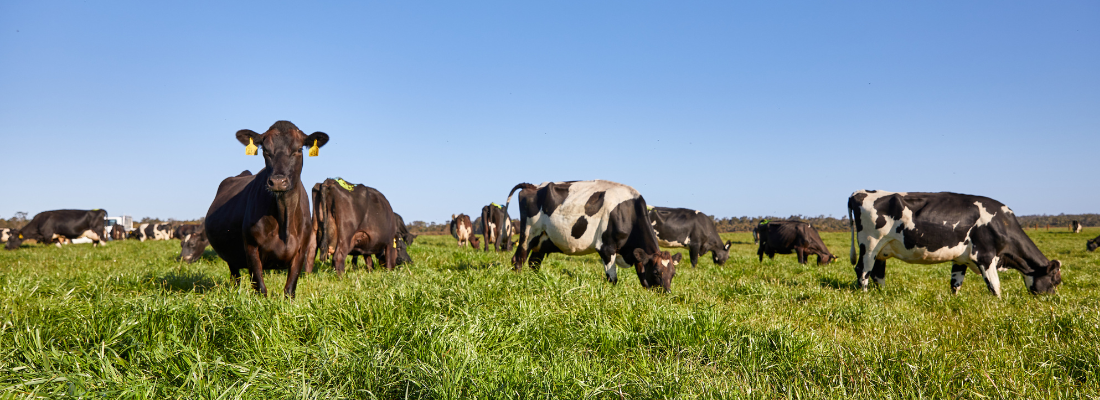Facial eczema is a liver disease, often accompanied by photosensitisation, caused by spores of a pasture fungus that multiply rapidly in warm and humid conditions. The spores of the fungus release a potent mycotoxin known as sporidesmin in the gastrointestinal tract, which causes damage to the liver, bladder, and mammary gland. It can therefore have devastating impacts on herd productivity and animal welfare.
Early intervention is critical. Use prevailing weather conditions in combination with pasture spore counting to predict and identify periods of pasture toxicity, whilst taking preventative action when local pasture spore counts trend upward of 20,000 spores/gram and weather conditions look favourable for sporulation.
Remember that by the time you see some cows in the herd affected by the photosensitisation caused by facial eczema, a large proportion of the herd is likely to have already suffered liver damage, for which there is no specific treatment. (Zinc can only prevent facial eczema. It cannot reverse liver damage already done from exposure to the toxin).
Feeding the correct amount of zinc oxide in grain/concentrates at milking can be highly effective for facial eczema prevention in the milking herd. However, dry stock such as heifers, bulls, and dry cows are also at risk of facial eczema. Utilisation of zinc oxide rumen boluses provide highly effective prevention against facial eczema in these classes of stock for four weeks. Discuss with your veterinarian or nutrition advisor about your farms specific risk and prevention options.
There are also several accompanying strategies that can be used to help reduce the risk of cows ingesting large numbers of toxic spores, which tend to concentrate at the base of the pasture sward. These include careful grazing management, use of alternative pasture species, crops and supplements such as hay, silage and grain/concentrates.
The Facial Eczema Spore Monitoring Program is taking place again in 2024, funded by GippsDairy and DairyNSW, and supported by Dairy Australia.
If you would like to subscribe to the fortnightly spore monitoring report, please contact the GippsDairy office at info@gippsdairy.com.au or 5624 3900.




